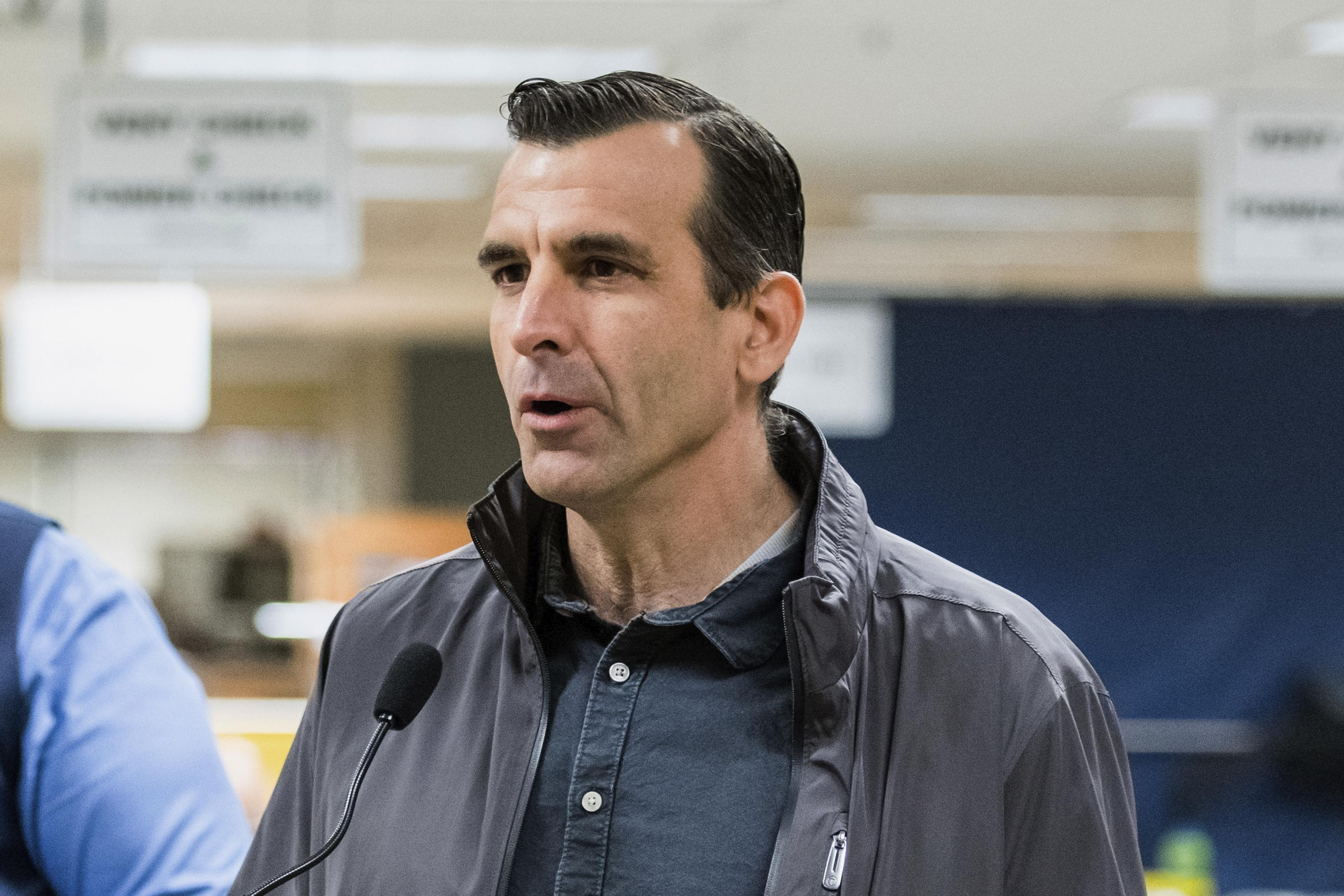A U.S. House race in the Bay Area appears headed for a mathematically improbable result—after more than 180,000 votes were cast, a tie for second place.
If the numbers hold, that means that California’s “top two” election system would have to make room for a third candidate on the November ballot, an apparent first for a House race in the state.
“This is a fantastically unlikely outcome,” said Paul Mitchell of Political Data Inc., a research firm that closely tracks voting trends.
Eleven candidates were on the ballot in the heavily Democratic 16th District in the March 5 primary, south of San Francisco, a seat being vacated by retiring Democratic Rep. Anna Eshoo. Under California rules, all candidates appear on the same primary ballot, but only the two with the most votes advance to the general election, regardless of political party.
The top spot was claimed by former San Jose Mayor Sam Liccardo, a Democrat, according to unofficial results that indicated all votes had been tallied. Two other Democrats were deadlocked for the second spot, with 30,249 votes each—state Assemblymember Evan Low and Santa Clara County Supervisor Joe Simitian.
The 16th District includes portions of San Mateo and Santa Clara counties, including the cities of Pacifica, Menlo Park, Palo Alto and Mountain View.
Secretary of State Shirley Weber, who oversees elections, has until April 12 to certify the results.
With three Democrats potentially headed for November, the contest will not play into control of the narrowly divided House, which will be decided in swing districts being contested by Democrats and Republicans around the country.
The tallies for Low and Simitian seesawed in recent days before settling into a tie on Wednesday—“It’s a special ‘Tie’ day!” Low tweeted at the time, sporting a brightly colored necktie in a photo.
The race is also a reminder of the state’s agonizingly slow vote counting—in this case, the outcome remains in doubt weeks after election day. The cost of a recount must be paid by whoever requests it, and with a cost likely to rise over $300,000 for a second count, it seems unlikely from any of the campaigns.
A three-way contest in November, with a different electorate coming to the polls, would reshuffle the dynamics of the race—“a total reset,” Mitchell noted.
“It’s really, really, really unlikely this would happen,” he said.
